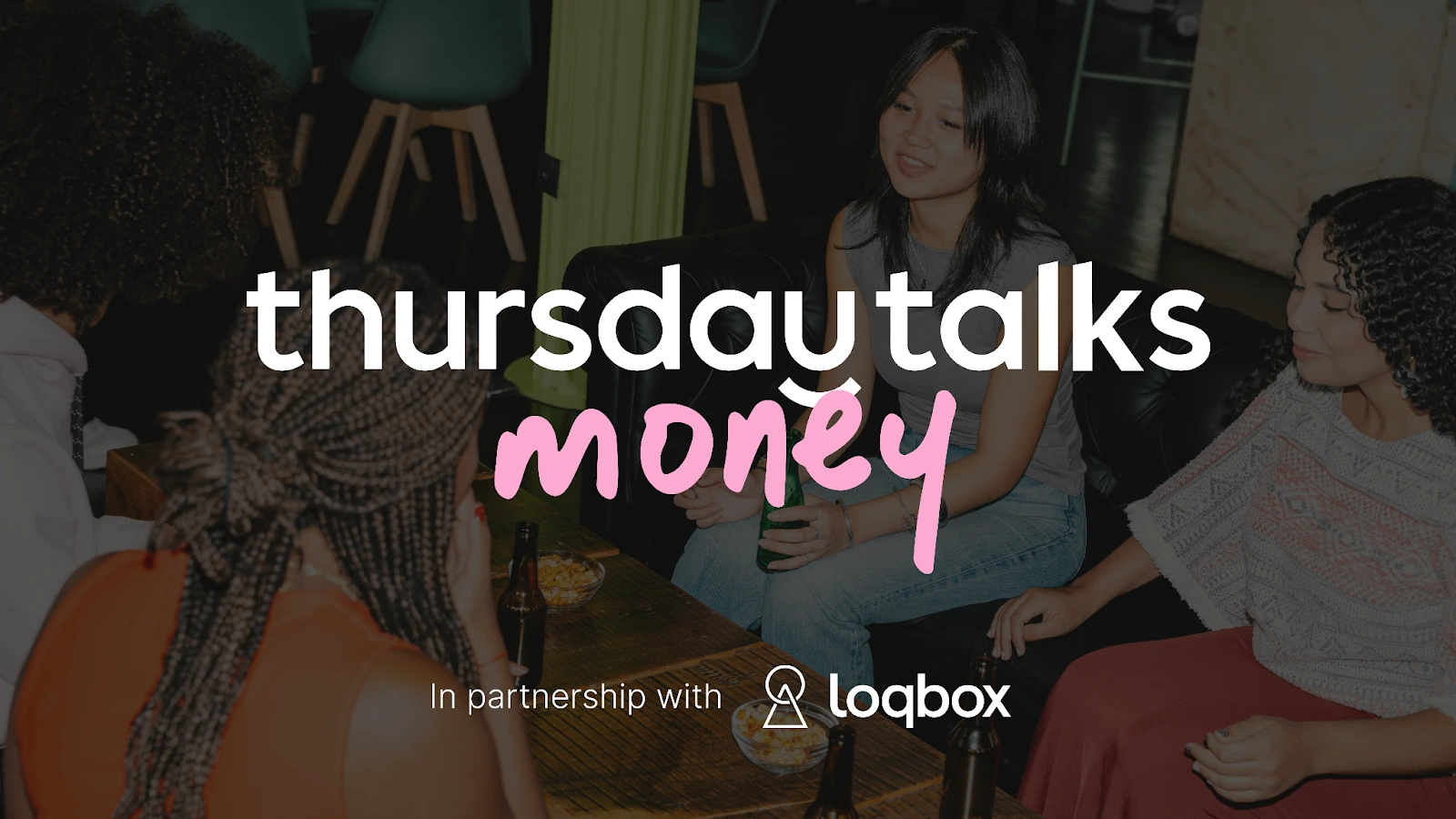Loqbox Newsroom
Stay up to date with the latest Loqbox news and announcements
Featured articles
Press releases
Want to know more about Loqbox?
We’re on a mission to help everyone build financial confidence and create a richer life.
We’ve helped over 1,000,000 people on that journey so far.

Resources for journalists
For all press enquiries
Note to editors
Loqbox's mission is to end financial exclusion globally. This means giving everyone the chance to achieve their goals, most of which cost money. For many people, their goals are unachievable because they have not had an opportunity to build a positive financial profile, they don’t have sufficient savings or they don’t understand how to make the financial system work for them. Loqbox is a multi award-winning business that has already enabled hundreds of thousands of people to build their credit score with the three main credit reference agencies and master their money while they save. It works best for people early in their financial life or for anyone trying to improve their relationship with money. When they have finished their journey, Loqbox customers have a better credit score, a nest egg of savings and the ability to achieve their goals. Ultimately, Loqbox helps everyone to get the things they want without money getting in the way.
Loqbox is run by CEOs and Co-Founders Tom Eyre and Gregor Mowat. Tom has over a decade of experience in personal financial services. In 2012, when his little sister was refused credit to buy a sofa, frustration with the inflexibility of the credit-scoring system drove him to start creating solutions to help people build their credit history to access fairly priced credit. As a former partner with global audit and advisory firm KPMG, Gregor has seen first-hand how many people are excluded from accessing fairly priced credit either because they are young with little or no credit history, or because they have made past credit mistakes. Tom and Gregor co-founded Loqbox after setting themselves a mission to find solutions to this problem that work for both the lenders and these financially excluded groups. Both Tom and Gregor are regularly involved in conversations with government and regulators. They have been featured in the national press and provide expert comment for features on finance, credit and lending.

.webp)

.png)












